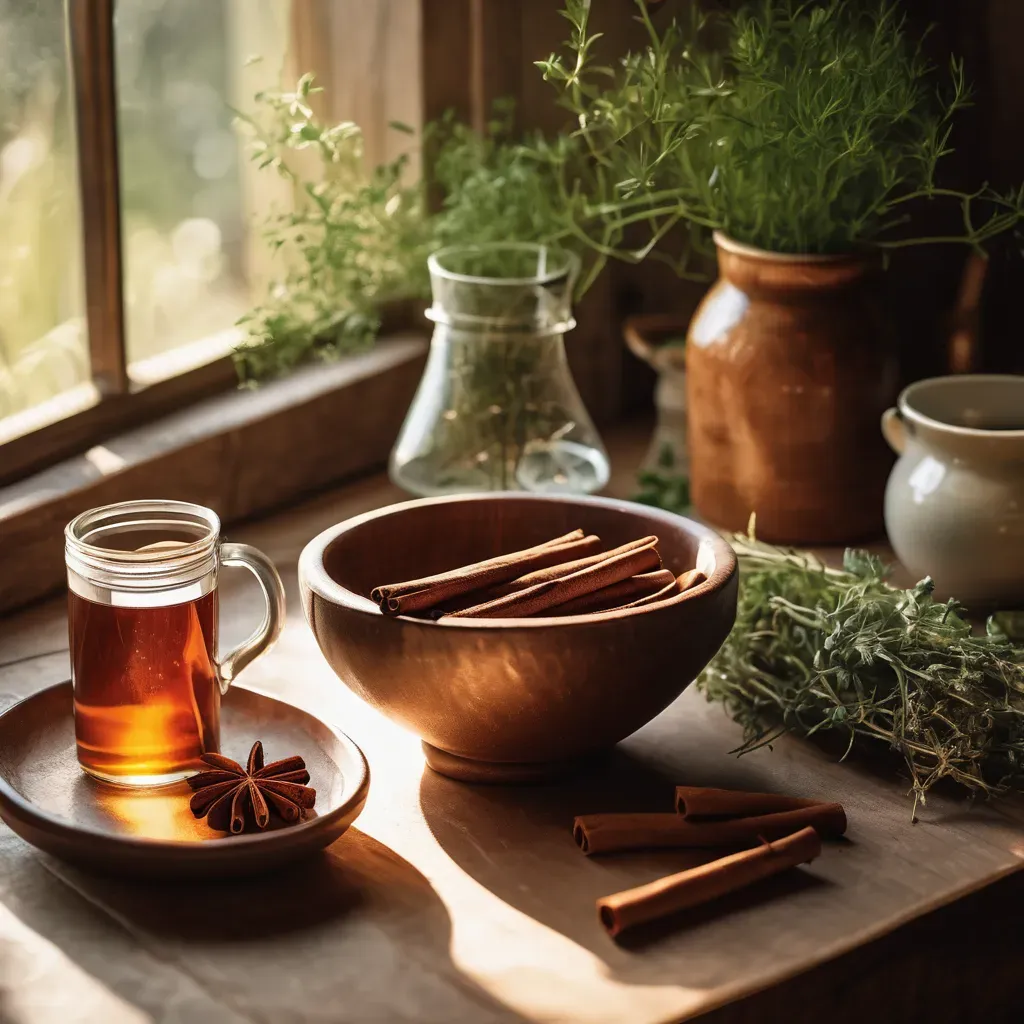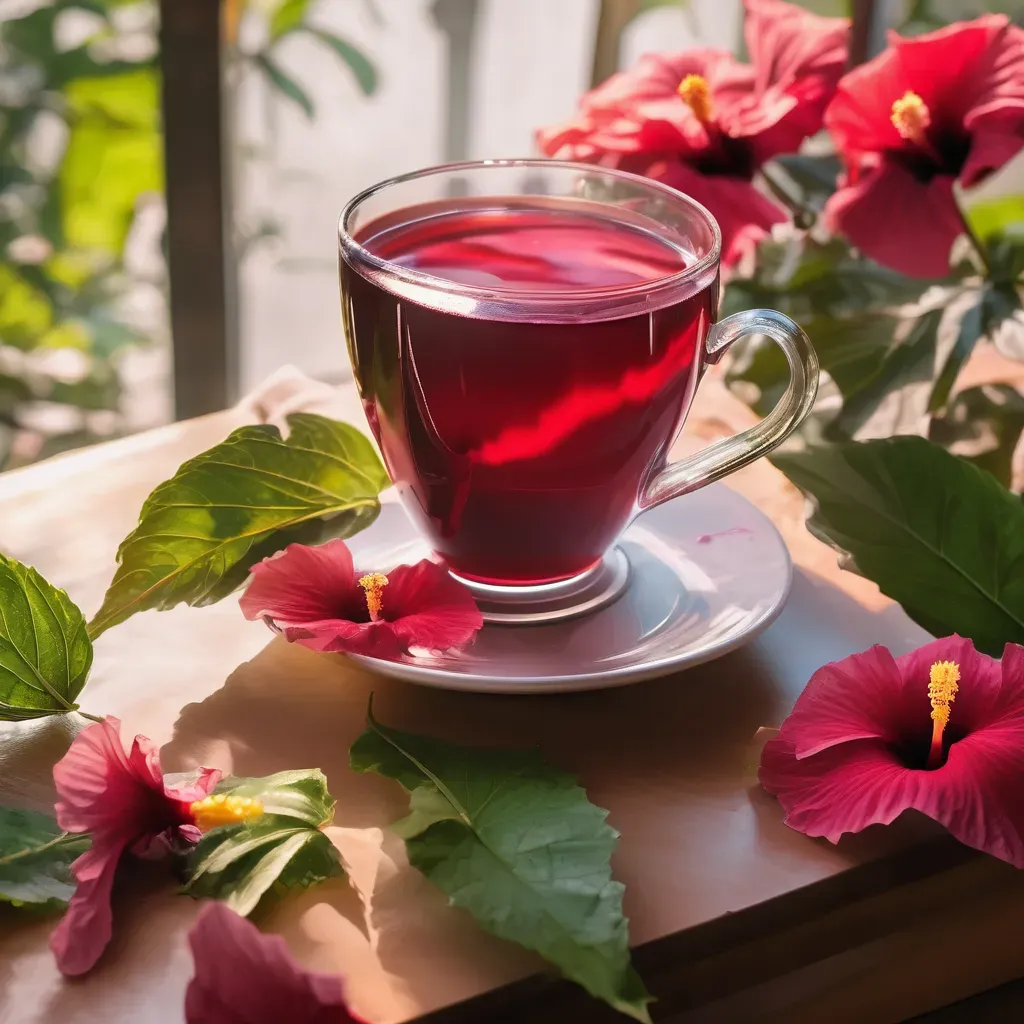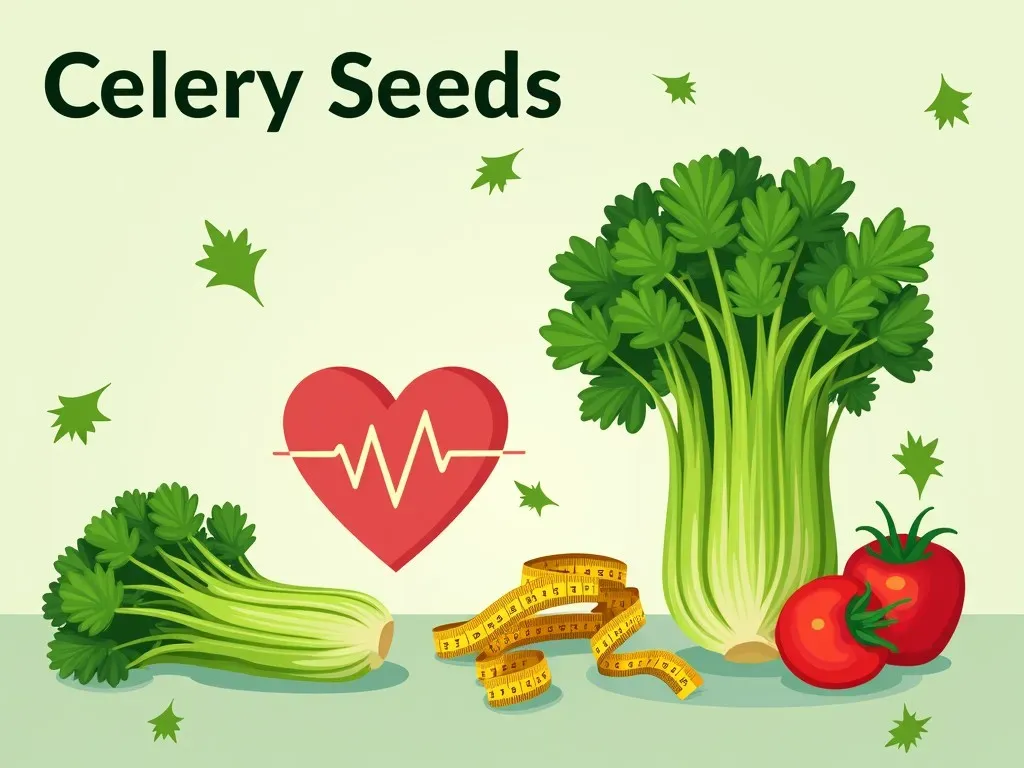High blood pressure, or hypertension, affects millions of individuals worldwide, leading to severe health complications if left unmanaged. Fortunately, several effective herbs can help lower blood pressure naturally. In this article, we delve into the top herbs to lower blood pressure, outlining their benefits, mechanisms, and ways to incorporate them into your diet.
Understanding High Blood Pressure
High blood pressure occurs when the force of the blood against the artery walls is consistently too high. This condition can lead to serious health issues, such as heart disease, stroke, and kidney failure. A normal blood pressure reading is generally considered to be around 120/80 mmHg.
- Prehypertension: 120-139/80-89 mmHg
- Stage 1 Hypertension: 140-159/90-99 mmHg
- Stage 2 Hypertension: 160 or higher/100 or higher
According to the World Health Organization (WHO), nearly 1.13 billion people worldwide have hypertension, with less than 20% being aware of their condition. With such alarming statistics, it’s crucial to explore natural solutions for managing blood pressure.
| Category | Blood Pressure Range |
|---|---|
| Normal | 120/80 mmHg |
| Prehypertension | 120-139/80-89 mmHg |
| Stage 1 Hypertension | 140-159/90-99 mmHg |
| Stage 2 Hypertension | 160+/100+ mmHg |
Herbs That Lower Blood Pressure
1. Garlic
Garlic (Allium sativum) has been used for centuries as a medicinal herb. It contains allicin, which is known to possess vasodilatory properties that can help lower blood pressure.
- Dosage: 600-1,200 mg of aged garlic extract daily.
- Preparation: Consume fresh garlic, add it to meals, or take garlic supplements.
2. Cinnamon
Cinnamon (Cinnamomum verum) is not just a flavorful spice; studies indicate it may play a role in blood pressure management by improving insulin sensitivity and reducing inflammation.
- Dosage: 1-6 g per day.
- Preparation: Add cinnamon to herbal teas, oatmeal, or yogurt.

3. Basil
Basil (Ocimum basilicum) is rich in antioxidants and has been found to be effective in reducing blood pressure levels due to its anti-inflammatory properties.
- Dosage: 300 mg of dried basil daily.
- Preparation: Brew basil tea or add fresh basil leaves to salads and pasta.
4. Ginger
Ginger (Zingiber officinale) may aid in reducing blood pressure levels through circulation improvement and vasodilating effects.
- Dosage: 2-4 g of powdered ginger daily.
- Preparation: Incorporate ginger into smoothies or steep in hot water for ginger tea.
5. Hibiscus
Hibiscus (Hibiscus sabdariffa) tea has become renowned for its natural properties that lower blood pressure. It is rich in antioxidants that support hypertension management.
- Dosage: 3 cups of hibiscus tea daily.
- Preparation: Brew dried hibiscus petals in boiling water for a refreshing drink.

6. Olive Leaf
Olive leaf (Olea europaea) is known for its cardiovascular benefits. It may help reduce blood pressure due to its rich oleuropein content.
- Dosage: 500-1,000 mg of olive leaf extract.
- Preparation: Take as a supplement or brew olive leaves in tea.
7. Celery Seed
Celery seed (Apium graveolens) contains phthalides, which can promote relaxation of blood vessels and thus lower blood pressure.
- Dosage: 75-150 mg of extract daily.
- Preparation: Sprinkle powdered celery seed in meals.

8. Turmeric
Turmeric (Curcuma longa), primarily used as a spice, has potent anti-inflammatory properties that can improve overall cardiovascular health and help manage blood pressure.
- Dosage: 500-1,000 mg of curcumin daily.
- Preparation: Add turmeric powder to curries or drink as a golden milk beverage.
9. Cardamom
Cardamom (Elettaria cardamomum) has been shown to have antihypertensive effects due to its ability to act as a natural diuretic.
- Dosage: 1-3 g of cardamom powder daily.
- Preparation: Use in baking, cooking, or steep in hot water for tea.
10. Hawthorn
Hawthorn (Crataegus oxyacantha) has been traditionally used to support heart health. It helps to dilate blood vessels and improve blood flow.
- Dosage: 250-500 mg of hawthorn extract.
- Preparation: Available in tinctures, capsules, or tea.
Reference Video
Tips for Incorporating These Herbs
- Smoothies: Blend a variety of herbs like ginger, turmeric, and spinach for a nutritious drink.
- Teas: Brew herbal teas with garlic, hibiscus, or basil for a natural antihypertensive effect.
- Cooking: Use these herbs in cooking, such as adding cinnamon to oatmeal or ginger to stir-fries.
Natural Ways to Lower Blood Pressure
In addition to herbs, the following lifestyle changes can significantly help in managing high blood pressure:
- Diet: Adopt a diet rich in fruits, vegetables, whole grains, and lean proteins. The DASH (Dietary Approaches to Stop Hypertension) diet is a proven method for lowering blood pressure.
- Physical Activity: Aim for at least 150 minutes of moderate aerobic exercise weekly.
- Stress Management: Practice mindfulness techniques such as yoga or meditation to manage stress levels.
- Limit Sodium Intake: Reducing sodium can lead to a considerable reduction in blood pressure. Aim for less than 2,300 mg per day, and ideally, 1,500 mg for most adults.
FAQs
What are some natural supplements for high blood pressure?
Natural supplements such as omega-3 fatty acids, CoQ10, L-arginine, and potassium can help lower blood pressure effectively.
How quickly can herbs lower blood pressure?
While individual responses vary, some herbs may produce results within a few hours, while Others may take weeks of regular use.
Are there any side effects to using herbs for blood pressure?
While generally safe, some herbs may interact with medications. Always consult your healthcare provider before adding new supplements or herbs to your regimen.
Can these herbs replace prescribed medication?
Herbs can complement treatment, but they should not replace prescribed antihypertensive medications unless advised by a doctor.
For more detailed research on herbs that can help lower blood pressure, consider checking authoritative sources like Healthline.
Using these herbs to establish a proactive approach to managing blood pressure may offer an effective complement to conventional treatments, leading you to a healthier, more balanced life.
